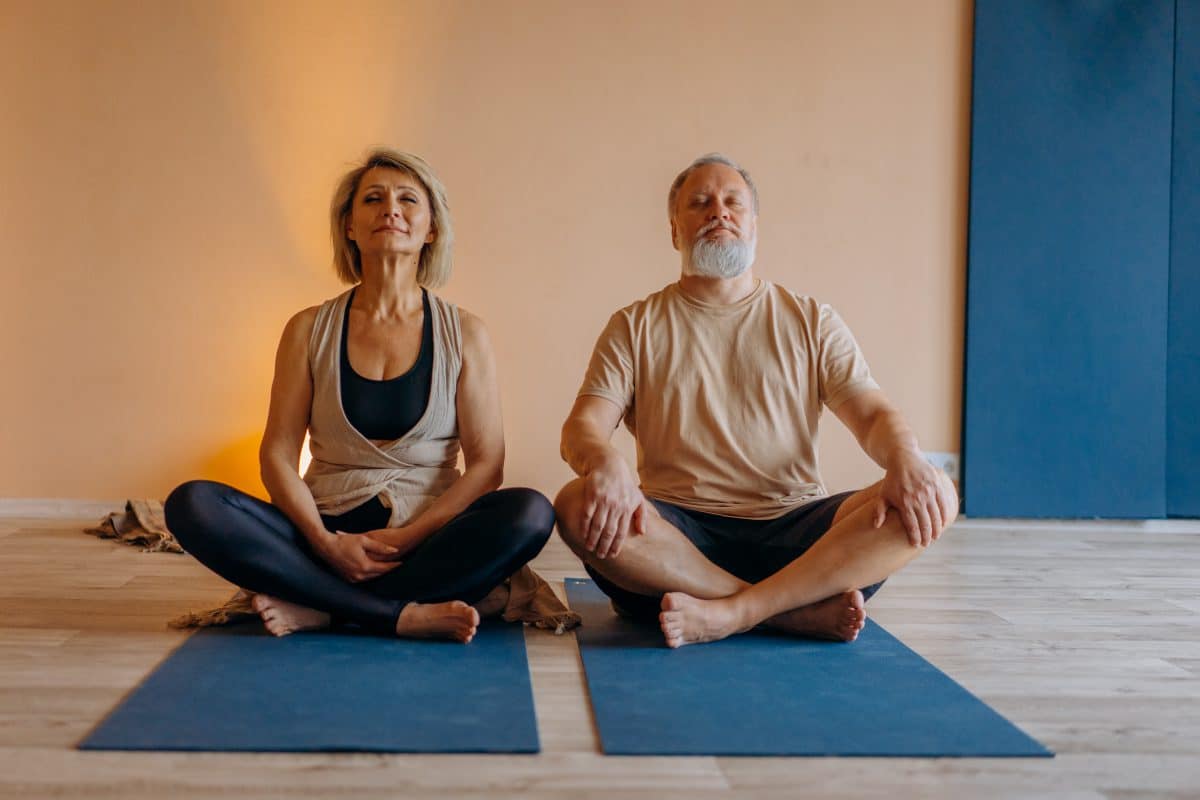Introduction
Winter brings a chill in the air, and for bedridden patients, the season demands special attention. This article delves into the crucial aspects of winter care for those confined to their beds, emphasizing the significance of maintaining a comfortable and healthy environment.
Creating a Cozy Environment
1. Adjusting Room Temperature
One of the first steps in winter care is ensuring the room temperature is optimal. Cold temperatures can exacerbate health issues, so keeping the room comfortably warm is essential.
2. Choosing Warm Bedding
Selecting the right bedding is equally important. High-quality, warm blankets and comforters contribute to a cozy atmosphere, promoting better sleep and overall well-being.
Hygiene Matters
1. Gentle Bathing Techniques
Maintaining personal hygiene is vital, and for bedridden patients, a gentle bathing routine is crucial. Using lukewarm water and mild, moisturizing soaps can prevent skin dryness.
2. Moisturizing Skin in Dry Winters
Winter air tends to be dry, which can lead to skin issues. Regularly moisturizing the skin helps combat dryness and prevents discomfort.
Nutrition for Winter
1. Warm and Nutrient-Rich Meals
Winter calls for nourishing meals. Bedridden patients should be provided with warm, nutrient-rich foods to boost their immune system and energy levels.
2. Staying Hydrated
Proper hydration is often overlooked. Ensuring patients consume an adequate amount of fluids helps maintain their overall health and prevents complications.
Regular Movement
1. Simple Bed Exercises
Encouraging regular movement, even within the confines of a bed, is crucial. Simple exercises help prevent stiffness and improve circulation.
2. Importance of Position Changes
Changing positions regularly is essential to prevent bedsores. Caregivers should be mindful of repositioning bedridden patients to maintain their comfort.
Home Care Services
1. Overview of Home Care Services
Home care services offer comprehensive support for bedridden patients. From medical assistance to daily activities, these services ensure patients receive the care they need in the comfort of their homes.
2. Tailored Nursing Services
Specialized nursing services play a pivotal role in the care of bedridden patients. Trained professionals provide medical assistance and monitor the patient’s condition closely.
Eldercare Services
1. Specialized Care for Elderly Bedridden Patients
Elderly individuals, especially those bedridden, require specific care. Eldercare services cater to the unique needs of older patients, ensuring their physical and emotional well-being.
2. Emotional Support
Beyond physical care, emotional support is crucial. Eldercare services focus on building connections and providing companionship to combat feelings of isolation.
Promoting Well-being
1. Engaging Activities
Keeping bedridden patients engaged in activities they enjoy is essential for mental well-being. This could include reading, listening to music, or even participating in hobbies.
2. Social Connections
Maintaining social connections is vital. Whether through virtual means or in-person visits, staying connected with friends and family helps combat loneliness.
Conclusion
In conclusion, winter care for bedridden patients is a holistic approach that combines environmental comfort, hygiene, nutrition, movement, and professional services. By addressing these aspects, caregivers can ensure the well-being of their loved ones during the chilly winter months.
FAQs
1. What are the key elements of creating a cozy environment for bedridden patients in winter?
-Creating a cozy environment involves adjusting room temperature and choosing warm bedding to ensure comfort and well-being.
2. How can home care services benefit bedridden patients during the winter season?
–Home care services provide comprehensive support, including medical assistance and daily chores, allowing patients to receive care in the comfort of their homes.
3. Why is regular movement crucial for bedridden patients in winter?
-Regular movement, through simple bed exercises and position changes, helps prevent stiffness and bedsores, ensuring better overall health.
4. What role do eldercare services play in the well-being of elderly bedridden patients?
-Eldercare services offer specialized care, addressing the unique needs of elderly individuals and providing both physical and emotional support.
5. How can caregivers promote the well-being of bedridden patients beyond physical care?
-Caregivers can promote well-being by engaging patients in activities they enjoy and maintaining social connections, combating feelings of loneliness.




